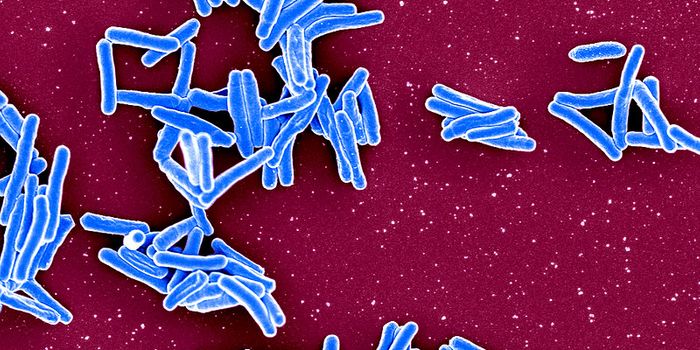The CDC Investigates Several Cases of a Rare Tropical Disease
The bacterium Burkholderia pseudomallei is a pathogen that can live in water and soil, usually in tropical parts of northern Australia or Southeast Asia. However, infections have occurred all over the world. When animals and humans come into direct contact with B. pseudomallei, it can cause a disease in called melioidosis, or Whitmore’s disease. It is thought that transmission from one person to another only happens rarely. Tropical freshwater fish are also a recently suspected transmission vector.
When the disease appears in the United States, it's usually because a traveler has become infected overseas. However, The Centers for Disease Control and Prevention (CDC) is now investigating several cases of melioidosis that have occurred in Americans that have not traveled internationally.
As of August 9, 2021, there have been four cases this year, one each in Georgia, Kansas, Minnesota, and Texas; both adults and kids have gotten sick, and two patients have died. Healthy people can become sick with melioidosis, but cases tend to appear in adults with underlying health conditions like cancer or a chronic immune condition. Children can become sick without risk factors. Symptoms vary and can include chest pain, cough, headache, high fever, or unexplained weight loss.
Genomic sequencing revealed that the strains of bacteria that made these individuals ill are closely related, which suggests that there is a common source that all the pathogens came from. The strain is also very similar to some that have been found in South Asia.
The CDC is searching for the source; they've tested over 100 samples from different products as well as soil and water from areas near the patients' homes. None of these samples have tested positive for B. pseudomallei yet. Right now, the CDC suspects that the culprit is a product that's been imported, like food, drink, medicine, personal care or cleaning products. Though B. pseudomallei is naturally found in soil and water, the bacterium can live in many wet or moist places.
The CDC noted that they may have trouble finding the source for several reasons; the patients are separated by geography and their illnesses began at different times; they were exposed to an untold number of products before they got sick; and the bacterium that causes melioidosis may take weeks before it causes symptoms, so it's much harder for patients to recall all the stuff they may have come into contact with before the onset of their illness.
The CDC has asked clinicians to be on the lookout for bacterial infections that don't respond well to antibiotics, and not to rule melioidosis out even if people have not traveled internationally.









